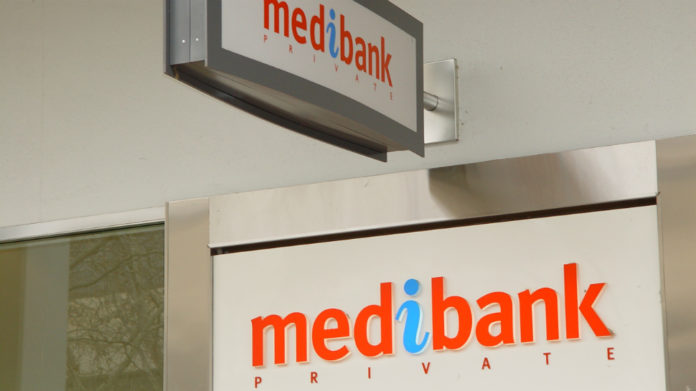
AMA President, Professor Brian Owler, said today that an article in The Australian newspaper by Medibank Private Managing Director, George Savvides, shows yet again that Australia’s biggest private health insurer is out of touch with the realities of quality in health care.
Professor Owler said that Mr Savvides claims that Medibank Private wants to work on improving quality and minimising preventable complications in hospitals “in partnership with others”, but the insurer’s recent behaviour has been quite the opposite.
“Medibank Private has been operating in a vacuum,” Professor Owler said.
“In his article today, Mr Savvides seems to have confused ‘mistakes’ with ‘known complications’.
“The healthcare industry accepts that health insurers should not have to pay for mistakes such as wrong site surgery, but hospitals and health professionals are managing known complications, such as infections in patients who are undergoing chemotherapy and who are known to be susceptible.
“These are things that are unavoidable despite all the checks and balances that are designed to minimise them.
“Instead of working collaboratively with hospitals and doctors to improve quality and eliminate waste, Medibank Private has been using aggressive behaviour with private hospitals in negotiations over new contracts to get out of paying benefits for their members.
“They are ignoring the fact that doctors work on improving the quality of health care every hour of every day of their working lives. That is our job. That is our vocation.
“It is unfortunate that other insurers, including Bupa and NIB, have come out in support of Medibank Private’s inappropriate behaviour.”
Professor Owler said that Medibank Private’s actions ignore the fact that quality standards for hospitals are set and assessed independently by accreditation agencies like the Australian Council on Healthcare Standards.
“The key word here is ‘independently’,” Professor Owler said.
“This accreditation system is governed by the Australian Commission on Safety and Quality in Healthcare, and is under constant review and improvement.
“Medibank Private is dismissing this long-accepted process, and is now demanding hospitals to adhere to safety and quality measures that have been arbitrarily selected by Medibank Private.
“Medibank Private has used administrative hospital datasets to select these measures, which is in direct contrast to the advice from the Commission.
“As administrative hospital datasets are not tested for clinical validity, accuracy or reliability, they should only be used as a screening tool to flag possible areas of concern for further investigation, and to inform safety improvement initiatives.
“The Commission says this information should be provided to clinicians for review and to inform improvements in patient care as part of the accreditation arrangement – but Medibank Private has not consulted the medical profession on the requirements it is putting on hospitals.
“In fact, when the AMA asked Medibank Private for a copy of its 165 highly preventable complications they were negotiating with Calvary Health, they were not forthcoming.
“The recent activity by Medibank Private to devalue private health insurance for its members is coupled with cold calls to members to downgrade their cover.
“This means that people would no longer be covered for things they would be expected to be covered, such as hip and knee replacements, neurosurgery to remove tumours, and cataract surgery.
“The AMA recommends that Medibank Private members call their fund to find out exactly what they are covered for, and whether or not the fund has existing contracts with their local hospitals.
“Policy holders need to understand their personal situation in the event that they need hospital treatment in the future.”
The flow on consequences of Medibank Private’s actions are:
- private hospitals may no longer accept the more complex, and therefore higher risk, cases, which means these people will have to rely on the public hospital system for their care;
- patient out-of-pocket costs will increase substantially, and those who can’t afford those costs will also have to rely on the public hospital system for their care; and
- patients will be kept in hospital for longer to avoid readmissions that won’t be covered.
